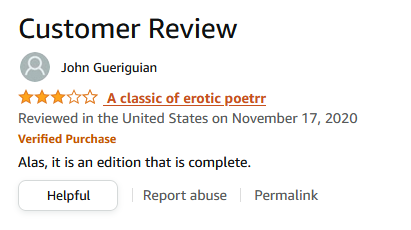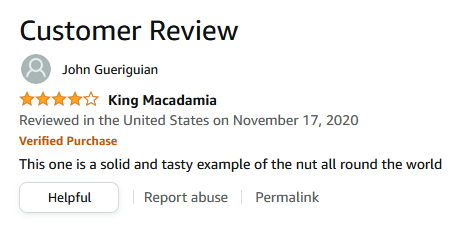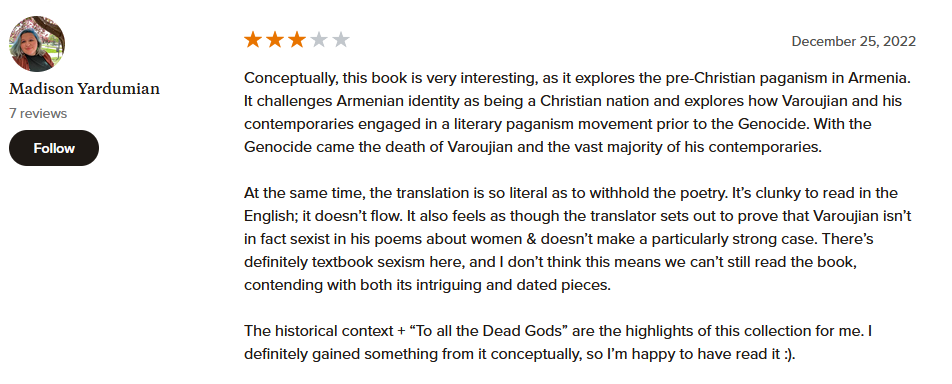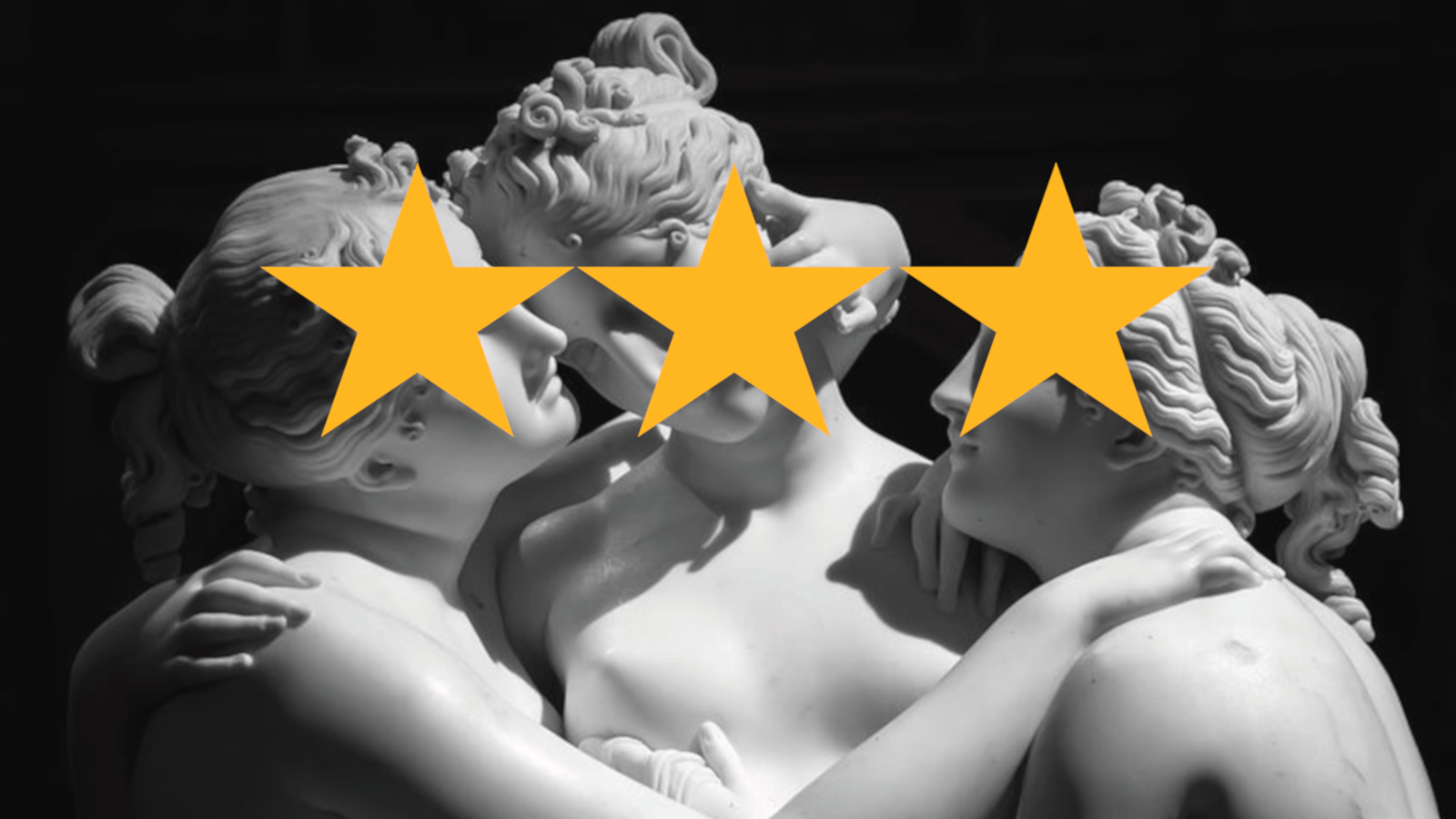After publishing my translation of Daniel Varoujan’s Pagan Songs in 2019—which, to be candid, contained as much of me as it did Varoujan, what with my behemoth fifty page preface and an additional twenty pages of appendices for sixty something pages of translated poetry—I said almost nothing about its reception, partly because there was no reception to speak of, but also partly because my brain child was well armed against the nitpicks which a handful of reviewers threw its way. The martyrdom of its author was a built-in defense mechanism, which instantly insulated it from a wide swathe of criticism of the pettier kind, to which I added an excruciatingly faithful translation of the exquisite original work. Besides this, the preface and end matter functioned like a front and rear guard, preventing the book from being easily assailed from any direction.
However, I’d like to bring to mind and write about three little criticisms of Pagan Songs, not to defend the work, which, as just mentioned, doesn’t require my defense. I write this now for the same reasons a goat butts its horns against an unoffending tree stump or garbage can: one, because it is my instinct; two, because I find it an enjoyable exercise of my powers; and, finally, because it is useful preparation for the day I actually lock horns with a strong opponent.
The first little pin prick of criticism the book received was a comment left on a video of a lecture I delivered at a graduate seminar at UCLA on March 3, 2020. In the first few minutes of that talk, referring to the three main sources of criticism against Varoujan in his day, I used the term “Russian Armenian”, a phrase to which at least one viewer took offense. They commented, “‘Russian Armenians’…wtf?” My response to this at the time was the following:
“Russian Armenian” is a standard expression that Armenians under the Russian Empire used to refer to themselves. Alexander Shirvanzade, Varoujan’s most hysterical critic, refers to himself as a “Russian Armenian”. And I quote:
Հաւատացէք, ռուսահայ գրողները նոյնչափ, եթէ ոչ կրկնակի աւելի, գիտեն գրաբարը, որքան եւ տաճկահայերը, բայց զգոյշ են վերաբերում դէպի գրաբար բառերը, անխտիր չեն բարդում բարբառի վրայ. (“Believe me, Russian Armenian writers know classical Armenian just as well, if not twice as well as Turkish Armenians, but they are careful toward classical Armenian words, and do not indiscriminately heap them on the spoken dialect.”)
In defense of Varoujan’s Pagan Songs, Krikor Zohrab wrote the following:
Գրական դատաւարութիւնը որ ռուսահայերէն եկաւ մեզի, հոսհոսներուս կողմէն պզտիկ փոփոխութիւն մը կրեց. (“The literary judgement which came to us from the Russian Armenians had little effect on us hos-hoses.”) [Note: ‘hos-hos’ is a pejorative term Armenians in the east used for their Western Armenian counterparts and is the equivalent of today’s ‘gor-gor’]
Note that both Armenians in the Ottoman Empire (commonly called Turkish Armenians, as Shirvanzade does in the above quote) and Armenians in the Caucasus under the Russian Empire use the term “Russian Armenians”. It has no negative connotation.
Any more questions?
Surprisingly, no further questions were forthcoming.
A second criticism, if it can be called that, came from an Amazon review by a John Gueriguian posted November 17, 2020, who gave the work 3 out of 5 stars, quite a poor rating. First, he refers to the work as a “classic of erotic poetrr”, and whose entire review merely said, “Alas, an addition that is complete.” What did he mean by “Alas, an edition that is complete”? That it was a complete translation, but that the translation was not good, and thus deserved a low score? It seems that way, but I can’t be sure. Alas, the review is incomplete. 1 star.

I was curious to know what other reviews this connoisseur of poetrr had written. I looked into it, and what struck me first was a review of his for a brand of Macadamia nuts, to which he gave one more star than Pagan Songs. “This one is a solid and tasty example of the nut all round the world”, he wrote.

He was more passionate still for a product that had since been taken down, now simply labeled “PRODUCT NO LONGER AVAILABLE”. He passionately defended this product writing in his review, “My answer to those who say ‘it isn’t cold,’ or ‘i got diarrhea’ is: IT IS PASTEURIZED.” To this discontinued, diarrhea-inducing mystery product, John again had given 4 out of 5 stars, one more star than a year and a half’s worth of grueling labor on a classic of Armenian poetrr.

The third review is the most recent one, left on the social cataloguing website Goodreads on December 25, 2022, and the one which finally compelled me to record some of these for posterity and for my own amusement. The reviewer is named Madison Yardumian, who, in agreement with John “King Macadamia” Gueriguian, left the book 3 out of 5 stars. Could it be she thought my book wasn’t pasteurized? Did it give her diarrhea?
Fortunately for us, she reveals some of her reasons for the poor review. The book, she writes, is “conceptually…very interesting”, but the translation, according to her, is “so literal as to withhold the poetry”, “clunky to read in the English” and, as a result, “doesn’t flow.” In addition, she finds the defense of Varoujan against charges of sexism unconvincing. There is “definitely textbook sexism here”, she writes. She ends with a bit of praise for the historical context of the preface and appendices and singles out “To the Dead Gods” (not “To All the Dead Gods” as she mistakenly writes) as a high point. She says she “gained something from it conceptually”, was glad to have read it, and punctuates the final sentence with a colon-closed-bracket smiley face.

Respectfully, a number of questions occur to me.
First, by claiming the translation is clunky to read “in the English”, she implies that she is capable of reading the original Armenian, which presumably is not clunky. Can she? I have my doubts. Varoujan’s poetry is not particularly known for its clarity: he not only uses extremely archaic diction, his poems were criticized by some for being at times turgid, overwrought, and, in some places, incomprehensible. How can she be sure the alleged “clunkiness” isn’t present in the original?
But let’s assume she can competently compare the translation to the original: what does she mean by the translation is “so literal as to withhold the poetry”? I must ask what she understands by “poetry”, and also what she means by “flow”. I know all too well what people who pretend to write poetry today mean by “poetry”, i.e., mediocre prose broken up arbitrarily into lines of pseudo-verse; short, impressionistic non-sensical phrases; and words used more for their sound than for their sense. I strongly suspected this was the sum total of what she meant by “flow” and “poetry”, but I couldn’t be sure.
Luckily, I found a poem written by the reviewer herself. From it, we can get an idea of what she means by “flow”. The reader can judge for themselves whether or not I was right in suspecting we have different definitions of “poetry”. Without further ado, here is a poem composed by Madison Yardumian titled “Pinky”:
Words
drizzle over the palm trees
like a smile
Pinky orange trickling
onto treetops
Well then. Does this “flow”? In my view, as the poem itself suggests, this is more of a drizzle than a flow, perhaps even a trickle…But let’s suppose it flows: not everything that flows is poetry. The diarrhea of the customers who bought John Gueriguian’s 4 star pasteurized mystery product also amply flowed…
I now give random examples from my clunky, unpoetic, literal translation side by side with yet other poems from Ms. Yardumian for comparison. By doing this, my intention isn’t to ridicule her conception of poetry and flow. If this impression is left on the reader, that is not my doing.
Excerpt from “Pagan” by Daniel Varoujan, translated by Hratch Demiurge
[…]
O, she is a genius of the flesh, its contours and contortions—
She knows all the gushing and overflowing expressions,
All the allurements of woman’s body and the deliciousness of sex
Which, like the seas, rage before me in unrestrained excess.
And she dances, dances like a maelstrom, she dances…
Sweat sprouts upon her forehead in sparkling silicate splashes.
Her lofty enchantress height, hid behind her hair bestrewn,
Has the melancholy of a willow reflected in a lagoon.
[…]
Over her head hurriedly her delicate robe is disposed:
Naked breasts and her swan neck are exposed;
And her fine abdomen which her dark navel dots,
Also her plump calves, and all the rest of her secret parts.
The total mystery of the flesh and its forms leave us speechless,
Where the mind of God has placed its ultimate genius.[…]
“American Airlines” by Madison Yardumian
buildings exist
independent of end
I breathe in
a skyline of squares
While California Breaks
Excerpt from “Venice” by Daniel Varoujan, translated by Hratch Demiurge
[…]
The shadows of the walls heave to and fro
On the waves, the waves of the walls.
The house begins again in the water below,
Forever disintegrates, but never falls.
A gondola at the front-doors’ damp doorstep:
The one of a kind city’s one of a kind boat,
Which, in the night, bears on its forehead
A single fiery eye, a wooden Cyclops afloat,
Which, as black as an adder, slithers along
Beneath the bridges, sliding and passing by
Like a shameful sin after repenting the wrong…
With this one difference, that a sin has no eye.
Behold your Grand Canal, O Queen of Cities,
Which encircles you with a curved streak,
As if the blue arm of the Adriatic sea is
Thrown around your neck to kiss your cheek.[…]
“Hometown” by Madison Yardumian
Dear Hometown,
I started writing this…
This last one is not an excerpt; it is the full poem. If the first was a drizzle, this is a droplet.
In her review she says “To the Dead Gods” of all the poems is the highlight. She probably again meant that it was a highlight “conceptually”, meaning she found the idea good but the execution poor. The following is a characteristic excerpt from my translation of the aforementioned poem.
Excerpt from “To the Dead Gods” by Daniel Varoujan, translated by Hratch Demiurge
[…]
Of thee, O mighty Poseidon,
The sea is vacant! From the forests of coral
No more proud saltation
Of thy foaming sea-horse sleigh, nor thine awful
Earth-shaking trident spur therein
The unruly backs of thy sacred dolphin.
Under the Sicilian rocks the Siren is drowned:
Seaman pass it by without being spellbound.
No foam, Astghik, nor thee upon the conch raft borne—
The sea, O Gods, the sea is forlorn!
From my home’s hearth, Household gods,
Where did thou depart? Which saint, blind,
Smashed you to pieces with her cross?
In thee my fathers their fathers enshrined
With daily gifts of salt and nectar.
Thou art absent, Eros: my love-struck sister,
To whom is she to dedicate the offerings of her vow?
Gone also is the Dog statue: the door is defenseless now.
A victorious Cross alone hangs above my bed
Where there is only the glory of the Dead.[…]
When I revisit these poems, especially the latter, viewing them from a distance, I humbly say now what I probably should have said loudly back then, since most people believe only what they are prompted to believe: some of the most successful translations of the collection, like “To the Dead Gods”, are almost impossible miracles of translation. Among the difficulties presented by the original Armenian is its variety and complexity of rhyme schemes which Varoujan sometimes takes the easy way out with an easily tacked on suffix like ով (-ov) or ին (-in), as he does elsewhere in the “To the Dead Gods”:
Չե՛ն արծարծեր ոտնաթեւերն Հերմէսին
Աստղերը որբ երկինքին:
Which I translated
The winged-feet of Hermes do not revitalize
The stars of the orphaned skies.
There being no equivalent shortcuts in the nearly inflectionless and rhyme-poor English language, the rhymed translation here is a technically much more difficult feat than Varoujan’s original, all while losing nothing in meaning and miraculously keeping the identical metrical length and rhythm, or flow, if you will, of the original. Go ahead, count it for yourself on your fingers.
I understand that what I consider orderly and metrical lines, some of which could be set to a goddamn metronome, the abstract and anarchistic sensibility of modern poetry considers “clunky” and lacking “flow”. But by straining the very limited English language to its very limits, the poems not only flow, they rush in torrents.
Part of me hates having to spell these things out, not merely because it makes me look like a pedant, but because the myriad little miracles that went into translating the poems have in the past three years gone unperceived and unappreciated. I’ve had others reach out to me about their admiration for the “conceptual” framework of the book, but none have focused on the language, meter, style, or even the substance of the poems. I say it again: some of the poems are marvels of modern translation. If you feel bad hearing someone patting themselves this hard on the back, imagine how bad I feel that I’m all alone in seeing what no one else seems to see. Of course, this is nothing new, as Ler Kamsar wrote: “We’re a surprising nation: first we starve our writers to death, only then do we start celebrating them. I know there will come a time when you’ll praise and laud me, but sadly, I’ll be dead by then.”
However, not all poems in Pagan Songs are equally successful; some are far better than others. Quite frankly, there are a few duds. I took very little pleasure in translating “On the Water”, “To an Adonis”, and “After the Orgy”, the latter which was the only poem I wasn’t able to keep the same rhyme scheme, partly because I didn’t find putting extra ribbons on this pig was worth the effort. If these three had remained untranslated and trapped in the Armenian language forever, I believe nothing of any value whatsoever would have been missed.
In my judgment, my translation of “To the Statue of Beauty” which is the very first poem in the collection, a good poem, is the weakest. Four times in this short poem, Varoujan uses enjambment, which is when a sentence or phrase doesn’t stop at the end of the line but runs on into the next line. When a rhymed poem is enjambed in this way, it creates a strange, mixed effect, like saying “yes” while shaking one’s head “no”. End rhymes naturally act as end points, pairing it with the line before it, while enjambment encroaches upon the first word of the next line, negating the natural halting effect created by a rhyme. Perhaps for this reason, I wasn’t able to make this poem spew the same fire and flames the others do. Nonetheless, of all the poems in the collection, “To the Statue of Beauty”, to use the reviewer’s favorite word, is the most “conceptual”, and as the envoy to the rest of the collection, I believe Varoujan primarily wished to relay his leading idea instead of achieving a lyrical effect which many of the others do. As far as the translation goes, his idea is perfectly relayed, if lacking in lyricism: “be naked like a poet’s soul”, striking the keynote of innocence and candor. In addition to having a completely different idea of poetry, I think it is possible that in reading this limping poem first, the reviewer came away with the impression that the rest was similar. First impressions, after all, are the longest lasting whether or not they are valid.
So far this is the only substantive criticism of the book that I’ve seen, and it’s my own criticism…I have to do that too? Not only do I have to write the book, I have to criticize it too?




